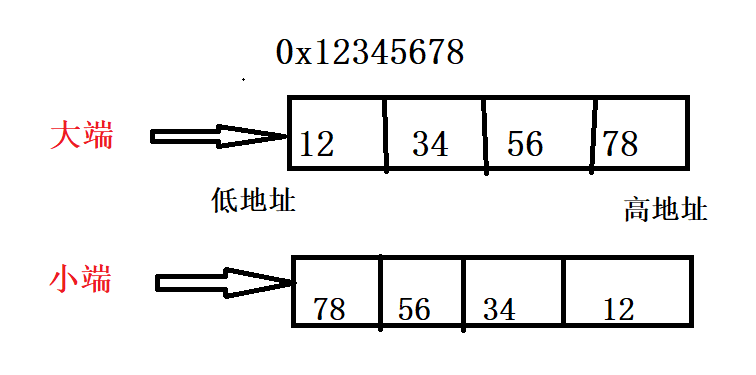1. Custom function for finding array length.
int My_strlen(char *src)
{
int len = 0;
while(*src++ != '\0')
{
len++;
}
return len;
}
2. Customize strcpy function.
(1)
void My_strcpy(char *dest,const char *src)//j plus const prevents the original string from being modified
{
assert(dest != NULL && src != NULL);//Assertion
int i = 0;
for(i = 0;src[i] != '\0';i++)
{
dest[i] = src[i];//*(src+i)
}
dest[i] = '\0';//Manual assignment'\0'
}
(2)
void My_strcpy2(char *dest,const char *src)
{
assert(dest != NULL && src != NULL);
while(*src != '\0')
{
*dest = *src;
dest++;//dest+1
src++;//src+1
}
*dest = '\0';
}
(3)
void My_strcpy3(char *dest,const char *src)
{
assert(dest != NULL && src != NULL);
while(*dest++ = *src++)//Finally, the value of the while expression is 0, and the loop cannot go in, but it has been assigned.
{
}
}
(4)
char * My_strcpy4(char *dest,const char *src)
{
char *p = dest;//Protect dest
assert(dest != NULL && src != NULL);
while(*dest++ = *src++) {}
return p;//Return value is pointer
}
int main()
{
char *str2 = "hello";
char str3[6] = {};
char *p = My_strcpy4(str3,str2);//String copy function
printf("%s\n",p);
return 0;
}
3. Delete even numbers in character arrays
int Fun(int *arr,int len)
{
int j = 0;//Subscription of odd numbers
for(int i = 0;i < len;i++)
{
if(arr[i] % 2 != 0) //Odd number
{
arr[j] = arr[i];
j++;
}
}
return j;
}
IV. Judgment of Size and Size
bool IsBig()
{
int a = 0x12345678;
char *p = (char *)&a;//p pointer can only access one byte
if(*p == 0x78)
{
return false;//Small end
}
else
{
return true;//Big end
}
}
Five.
char *str="hello";
char *str2="hello";
printf("%d,%d",str,str2);// two values are equal, equivalent to two pointers pointing to the same string of rodata segments at the same time.
Six.
int a[10]={1,2,3};
a+sizeof(int) / / equivalent to & a [4]
&a[0]+1// Equivalent to & a[1]
(int *) & A + 1// plus 1 equals adding 4 bytes to the address of a[1].
(int*) ((char*a+sizeof(int)// sizeof(int) has a value of 4, char*a+sizeof(int) has four bytes added, and then is strongly converted to (int*) type, pointing to the address of a[1].
7. Attention should be paid to calling copy function
#include<stdio.h>
#include<string.h>
int main()
{
char *str="tulun";
char *str2="hello";
char str3[5]={};
printf("%s",strcpy(str3,str2));//Error (print first, then report), "hello" string length is 6, str3 array length is 5, cross-border
return 0;
}
8. Size End and Size End
- Big end: low address, high data
- Small end: low address, low data
